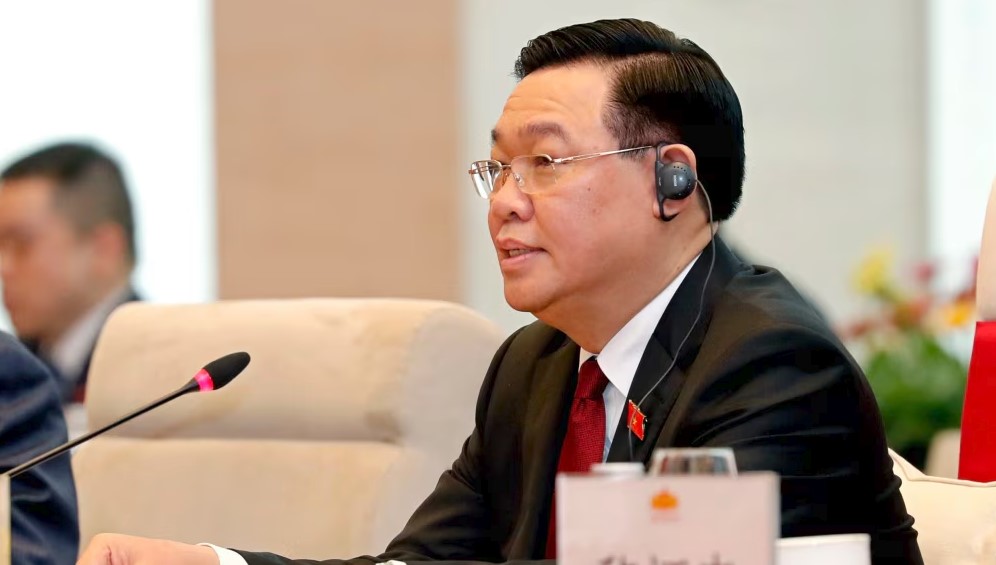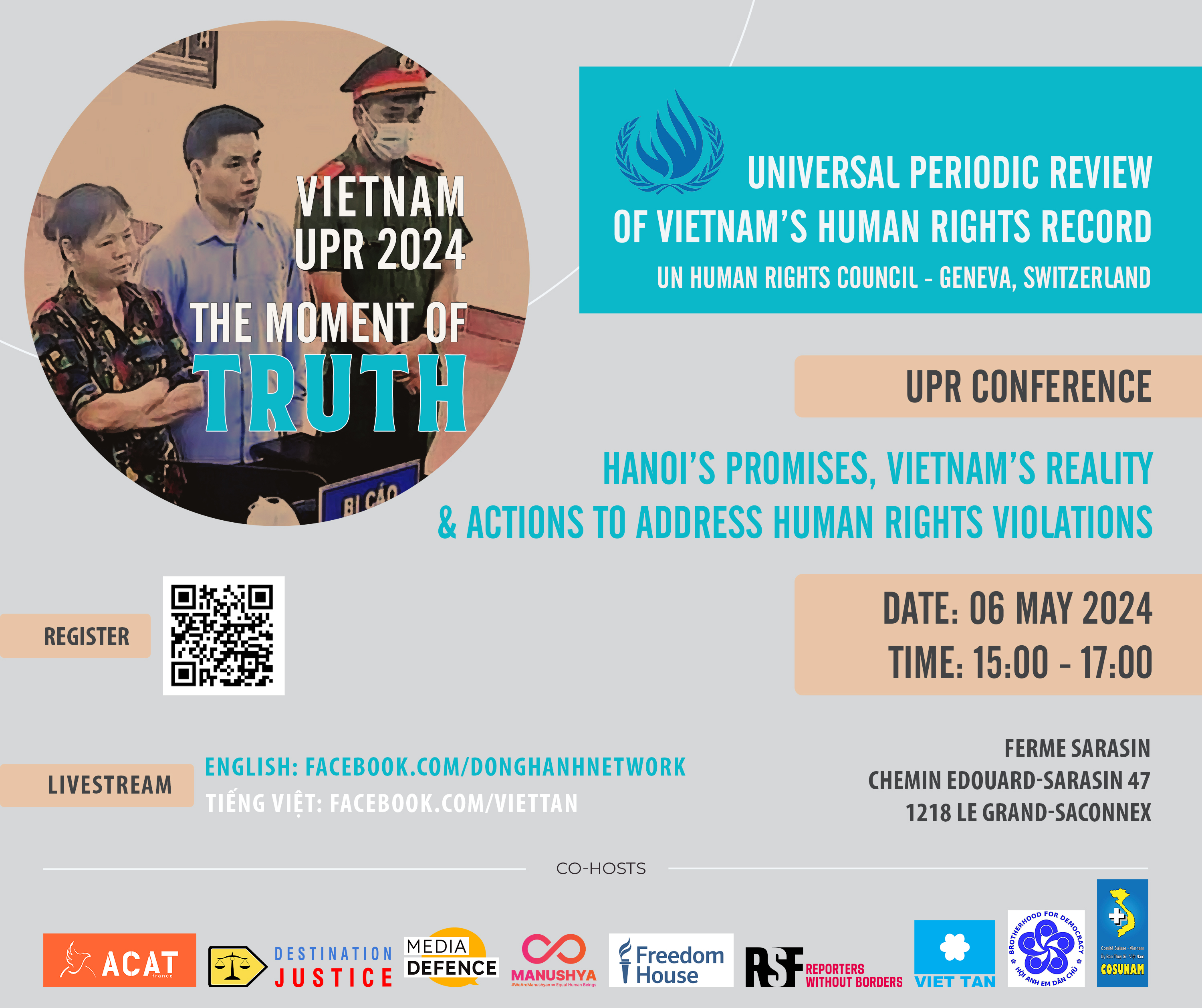06/22/2008
WASHINGTON — Facing political and economic pressures at home, Philippine President Gloria Macapagal-Arroyo and Vietnamese Premier Nguyen Tan Dung travel to Washington this week for talks with US President George W. Bush. The visit by Arroyo, a US ally in the “war on terror,” is expected to finally put an end to tensions caused by her pullout of Filipino troops from the US-led coalition in Iraq in 2004, experts said.
“I don’t think the pullout substantively impacted the US-Philippine relations but in the political sense, it created an impression that there was space between the US and Philippines,” said Walter Lohman, an expert with Washington-based Heritage Foundation.
The Tuesday meeting will also give Arroyo some political capital to remain in office until her term ends in 2010 after she survived several political impeachments amid rumors of military coups, he said.
“The meeting is not necessarily an endorsement of any of her policies but will be demonstrating a certain respect for the constitutional order in the Philippines as she is the elected president,” Lohman said.
Arroyo, whose popularity is the lowest in three years as soaring prices slowed growth and slashed incomes, is expected to discuss military counterterrorism cooperation and steps to liberalize bilateral trade with Bush, who is in his final six months in office and also unpopular.
Dung and Arroyo could raise with Bush issues such as energy pricing and subsidies, and rising inflation amid rocketing oil and food prices impacting their economies in a “very serious way,” said Ernie Bower, former president of the US-Association of Southeast Asian Nations (ASEAN) Business Council.
“I think they will come to ask the US President about what US policy is on these issues and what they can do about it,” Bower said.
Vietnam has been battered by double-digit inflation, a widening trade deficit and a plunging currency and is concerned about a possible pullback in foreign investments fueling Southeast Asia’s rapidly growing economy.
In May, inflation in Vietnam had surged to 25 percent year-on-year, with prices for rice and other grains shooting up 68 percent, according to Vietnam’s bureau of statistics. Labor unrest is also growing in the communist state “The question is whether they can sustain growth and manage inflation,” said Bower, now a regional business consultant. Vietnamese officials are currently discussing with Washington the possibility of launching negotiations to forge a bilateral investment treaty during Dung’s visit, during which several business deals with US multinational corporations will also be signed.
Still, US companies are concerned about Vietnam’s economic troubles.
“American businesses are worried about rapidly rising inflation and the impact it is having on their costs and on local labor,” said Murray Hiebert, senior director for Southeast Asia at the US Chamber of Commerce.
“Rising food and energy costs have also led to workers going out on strike,” he noted. Vietnamese authorities say about 30 strikes have taken place so far this year. Vietnam’s human rights record will also come under scrutiny during Dung’s visit. Several rights groups plan to hold protests in front of the White House during the Bush-Dung meeting.
“The surest way to deepen the US-Vietnam bilateral relationship is to stand with the Vietnamese people, supporting their aspirations for freedom and democracy,” said Duy Hoang, a central committee member of Viet Tan (Vietnam Reform party).
US lawmakers have joined with Viet Tan and other human rights advocacy groups in urging President Bush to send this “clear message” to Prime Minister Dung, he said. Many Vietnamese are harassed, put under house arrest or jailed for posting articles on the Internet, speaking out against corruption or calling for democracy, Hoang said.





